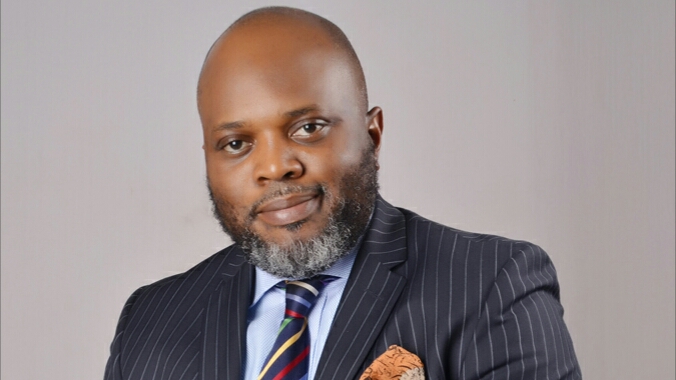In Nigeria’s high-stakes political theatre, even a hospital visit can turn into a national debate. That’s exactly what happened earlier this month when Labour Party’s presidential candidate, Peter Obi, paid a quiet visit to Benin City. What followed was a storm of accusations, rebuttals, and political posturing—bringing Edo State Governor, Monday Okpebholo, and the ever-outspoken Minister of the Federal Capital Territory (FCT), Nyesom Wike, into the spotlight.
At the heart of the matter: Obi’s July 7 visit to the School of Nursing Sciences at St. Philomena’s Hospital in Benin, where he donated ₦15 million to support ongoing projects. While many saw the gesture as goodwill, the Edo State Government raised eyebrows—specifically around Obi’s lack of prior notification or security clearance.
According to Governor Okpebholo, Obi’s visit came without warning, a move he described as risky given the security challenges in the state, including recent attacks on religious leaders. His office, through Chief Press Secretary Fred Itua, issued a stern statement urging high-profile visitors to follow due process for their own safety.
But the warning triggered a backlash, especially from Obi’s allies. Labour Party senators—including Victor Umeh, Ireti Kingibe, Ezea Okey, and Tony Nwoye—fired back, calling Okpebholo’s stance “executive rascality” and “an abuse of office.” Renowned human rights lawyer, Femi Falana (SAN), joined the chorus, demanding an apology and calling the governor’s statement unconstitutional.
Then came Wike.
Wike: Unfiltered and Unapologetic
At the commissioning of the new Edo Line transport terminal in Benin City on Tuesday, Nyesom Wike—never one to shy away from controversy—waded into the matter with his trademark bluntness.
“Leadership is not easy. As a leader, you are a dustbin—people throw all kinds of things at you,” Wike said, defending Okpebholo’s actions and warning Obi to stop “playing to the gallery.”
Drawing from his time as Rivers State governor, Wike recounted how Obi once sought his permission and received full logistical support during a campaign visit. The point? Protocol matters—especially when dealing with national figures in politically sensitive environments.
Wike insisted that Okpebholo didn’t bar Obi from Edo. “All you said was, ‘If you are coming, tell me. Because I’m here to protect you,’” he explained, calling it a reasonable expectation in a state grappling with security threats.
“You have never told Nigerians, ‘Don’t come to Edo,’ and you wouldn’t do that,” Wike added, noting that responsibility for any unfortunate incident would fall squarely on the state governor.
Power, Optics and a Brewing 2027
For many observers, the fracas is less about security protocol and more about political undercurrents. With 2027 inching closer, Nigeria’s political class is already realigning. Obi’s continued popularity, especially among young voters, remains a threat to the old guard. Okpebholo, backed by the APC machinery, may be seeking to assert authority in a state where the Labour Party made significant inroads in the last election.
Wike’s intervention, seen by some as strategic, sends a signal: governors must not be undermined, especially when it comes to controlling their political turf. It’s also a reminder that politics in Nigeria is rarely just local—it’s layered with national calculations.
The Takeaway: Governance vs Grandstanding
Beyond the headlines, this incident exposes a deeper issue: the blurred lines between governance and politics. Should a visit to donate to a school require security clearance? In today’s Nigeria—where kidnappings, attacks, and unrest are sadly routine—the answer leans yes.
But critics argue that the government’s response lacked tact, fueling perceptions of political intimidation. They say a simple phone call from either side could have defused tensions. Instead, the issue became a proxy war, with supporters trading blows across social media and TV screens.
As of now, Obi has remained silent on the controversy. Whether that’s a strategic pause or calculated restraint remains to be seen.
But one thing is clear: in Nigeria’s political landscape, even a hospital visit is never just a hospital visit.
This report was written using verified statements, public reactions, and official press releases.





